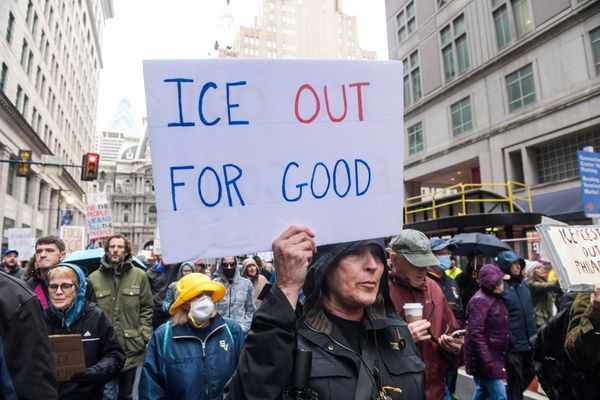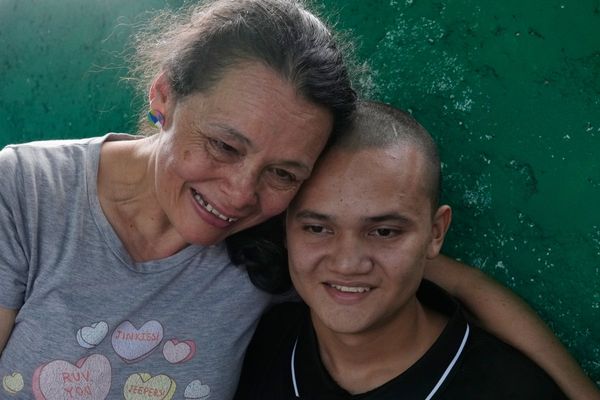A political expert has raised concerns about the "systemic risk" of having wealthy candidates running for office, after a South Australian federal MP committed $25,000 of her own money to a renewable energy grant scheme for her constituents.
Centre Alliance MP Rebekha Sharkie took to social media on Monday night to share the announcement, saying "leadership to address this [climate] crisis must begin from the bottom up".
Ms Sharkie encouraged people in her electorate of Mayo, which includes the Adelaide Hills, the Fleurieu Peninsula and Kangaroo Island, to apply for the grants, which are worth a minimum of $2,500.
The total value of the grant scheme is $100,000.
In addition to Ms Sharkie's $25,000 commitment, the remaining three-quarters of the money will come from Climate 200, an organisation that collects public donations which it uses to influence federal politics.
The grants are designed to go to community groups and sporting clubs in Ms Sharkie's electorate for projects such as installing solar panels or batteries.
An independent panel of community leaders will assess the applications.
Ms Sharkie said the grant program would go ahead no matter whether or not she was re-elected and said the timing of the program's rollout was not related to the upcoming federal election.
"It's got nothing to do with the election, we've been working on it for a month," she said.
Using taxpayer (as opposed to private) money to fund projects in marginal seats — a practice known as "pork-barrelling" — has long been an issue in politics.
But University of Queensland politics law expert Graeme Orr said it was rare for candidates to give their own money to voters in their electorate.
"It is unusual what [Ms Sharkie's] doing," Professor Orr said.
"It's not unlawful.
In response, Ms Sharkie said she had been saving her portion of the fund for years.
"I've been putting my own money away every month," she said.
"I thought very long and hard about how we would manage this."
Money 'better spent' on projects than billboards
Ms Sharkie's move appears rare, but is not entirely without precedent — in 2016, Nationals MP George Christensen pledged to donate $12,000 to a turtle rescue centre.
Unlike Ms Sharkie, Mr Christensen made his pledge on the condition he was re-elected.
Activist group GetUp complained to the federal police, who assessed the complaint but decided there was no evidence an offence had been committed.
Professor Orr said Ms Sharkie's grant scheme was very different because of the fact it was not tied to her electoral fortunes.
Ms Sharkie defended putting the money towards her community and what she said was an important cause.
"When they offered me a donation, I said, 'Look, this is an idea I have, I'd really love to run a grant round, we don't have enough renewable energy in our community, at a community level,'" she said.
She said Climate 200 had also given her a "slightly larger donation" than the $75,000 put towards the grant scheme.
Ms Sharkie said independents or minor parties were often "scraping together the pennies" through events like trivia nights.
"I'm just really grateful for this funding that we've been able to receive," she said.
She said she would like to see other MPs across the country also donate money to important causes, referring to a move by independent SA state MP Dan Cregan.
Upon becoming parliamentary speaker and receiving a substantial pay rise, Mr Cregan last year committed to donating his extra salary to local charities and volunteer organisations.
Ms Sharkie also referred to the money Clive Palmer spends out of his own pocket.
"Clive Palmer's spent the best part of $30 million advertising nationally — that is obscene," she said.
"Imagine if he put that into real tangible projects in Australia, then we could have made a huge power of difference with respect to renewable energy, right across Australia."







